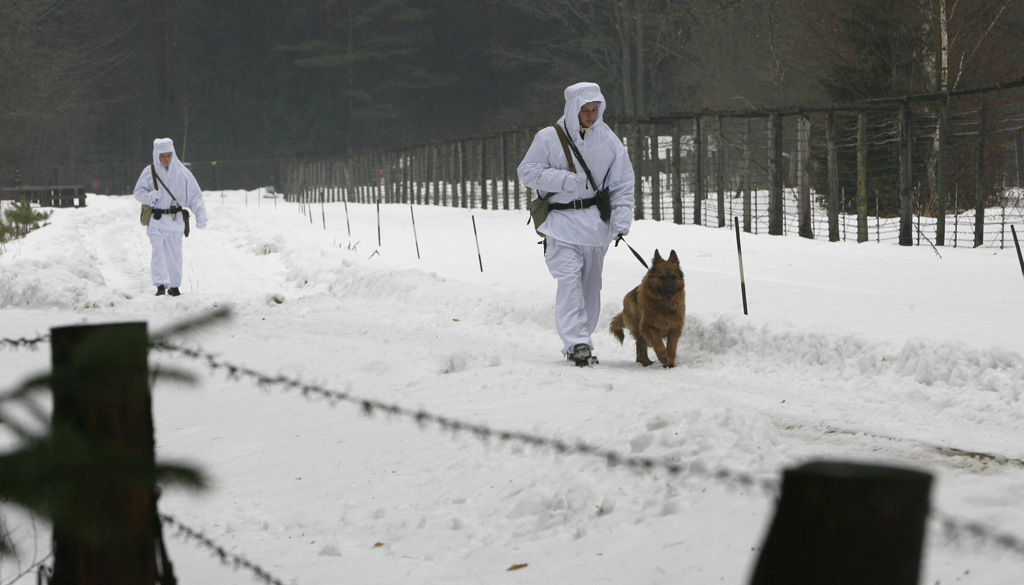Fighters from Russian private military company (PMC) Wagner are beginning to amass on NATO’s eastern flank, threatening to destabilise the region, Polish Prime Minister Mateusz Morawiecki has warned.
Wagner troops have been present in Belarus, controlled by Russia-backed dictator Alexandr Lukashenko, since they were expelled from Russia following Wagner PMC’s failed rebellion in June. The troops are officially present in the country to train members of Belarus’ national army, but Polish officials fear that its troops will be used to start armed provocations across the border.
Two weeks ago, Lukashenko reportedly warned Russian President Vladimir Putin that Wagner mercenaries were making plans to invade EU and NATO member Poland. In a comment to CNN last Friday, Polish Deputy Foreign Minister Paweł Jabłoński confirmed that Poland was indeed preparing to defend itself from future incursions.
“We are stating very clearly that we will not back down. Obviously, there will be attempts. We are expecting more attempts on attack on our border, perhaps more attempts on also violating our airspace,” the Minister said. “They will be trying to demonstrate that they can do whatever they want.”
Poland's national borders have already been breached in recent months. In a report published last Wednesday in Polish media outlet Onet, it was revealed that two Belarusian helicopters deliberately entered Polish airspace to provoke Warsaw, heightening tensions.
In response to the growing threat, Jabłoński said that Poland would deploy more troops to the Belarusian border to reinforce NATO’s Eastern flank. It is currently unknown how many soldiers Poland will send to the region. There are believed to be around 4,000 Wagner fighters across the border.
Related News
- Putin, Lukashenko claim that Ukrainian counteroffensive 'has failed'
- Poland sends more troops to the Belarus border
Poland and the Baltic states are in a particularly vulnerable position to any potential Russian, or Russia-backed attack. Morawiecki made his comments during a trip to the Suwalki Gap, a small corridor of Polish land between Belarus and the Russian enclave of Kaliningrad, could be attacked, cutting the NATO alliance in Europe in two.
In order to deter any attack, Poland says that it is now considering closing its border with Belarus, in order to “protect our territory” and “protect our citizens”. It says that this would be a last-resort measure that it would prefer to avoid. Belarus has previously sent thousands of migrants to the Polish border in an attempt to put pressure on the EU.

